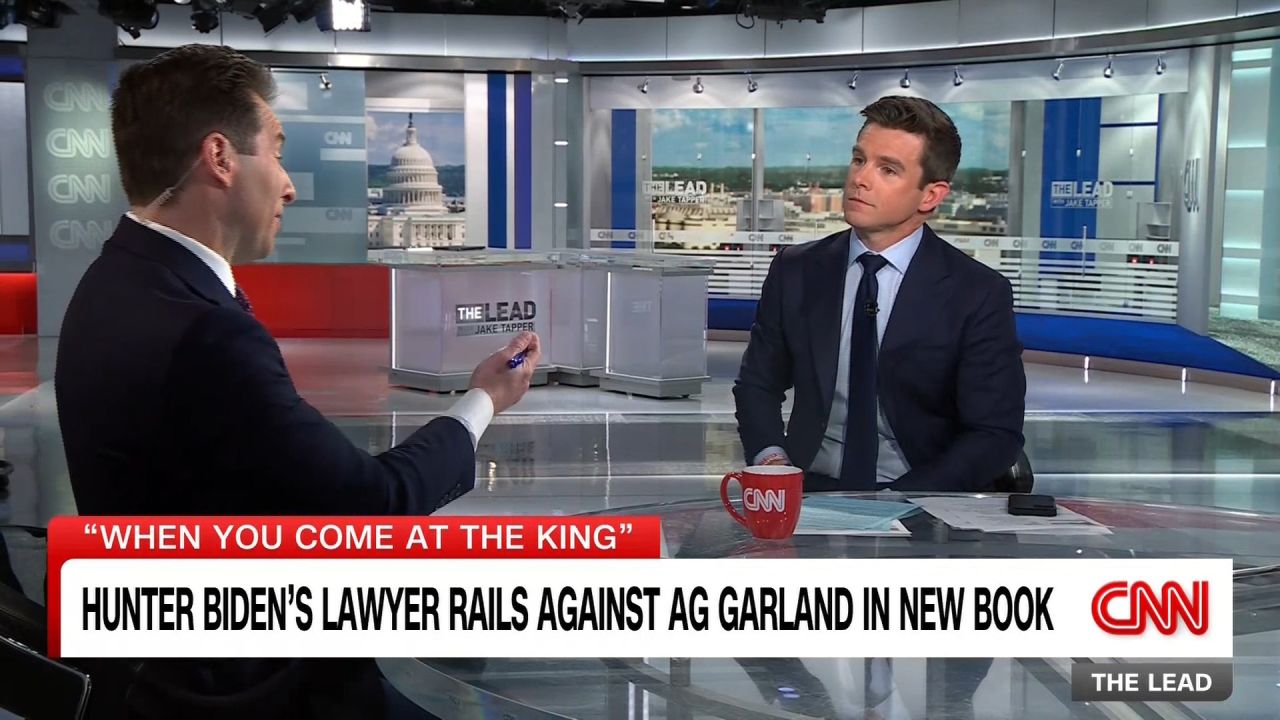BREAKING: Former President Bill Clinton‘s infamous 1998 testimony is under intense scrutiny today as legal experts analyze new revelations surrounding his impeachment inquiry. Elie Honig, a prominent legal analyst, has joined The Lead to discuss the implications of this historic questioning, which has resurfaced in light of recent developments in political accountability.
This urgent update comes as discussions about transparency and accountability in politics gain momentum. The questioning, which took place during the height of the scandal involving Clinton’s relationship with Monica Lewinsky, has been dissected by experts who are drawing parallels to current events in Washington.
During the original 1998 inquiry, Clinton faced intense pressure from Congress and the public, leading to a historic impeachment process that ultimately acquitted him in the Senate. Recent analysis suggests that the fallout from Clinton’s testimony continues to shape perceptions of presidential conduct and public trust.
Elie Honig emphasized the lasting impact of Clinton’s actions, stating, “The questions raised during that testimony resonate with today’s political landscape, where accountability is more crucial than ever.” This fresh examination sheds light on how past events inform present-day political dynamics, making it essential for citizens to engage with this history.
As political debates heat up and the nation reflects on its leaders’ pasts, the implications of Clinton’s testimony may influence how current leaders are held accountable. Citizens are encouraged to consider the parallels between historical and contemporary governance.
Stay tuned for more developments as this story unfolds, and follow The Lead for ongoing analysis of the implications of Clinton’s testimony on today’s politics. Share your thoughts and engage in the conversation—how do you think history will judge today’s political leaders in light of past events?
